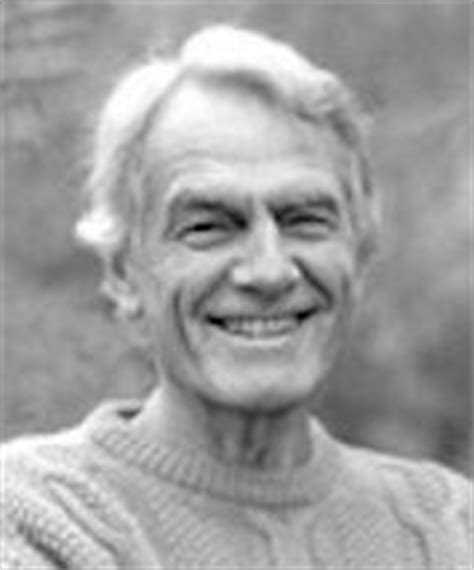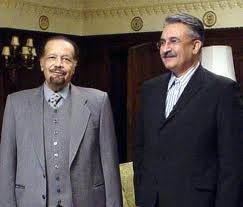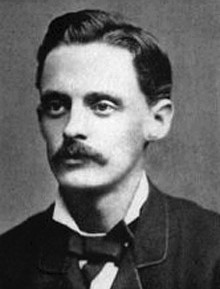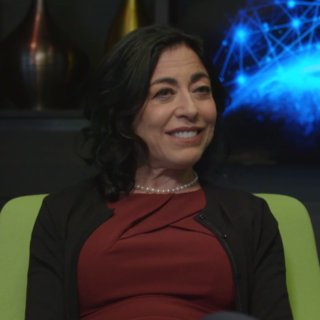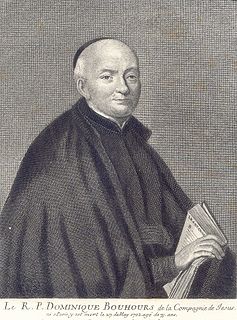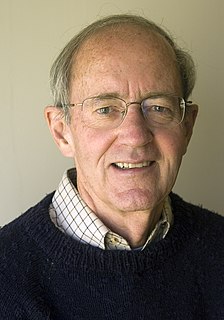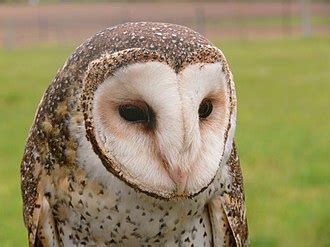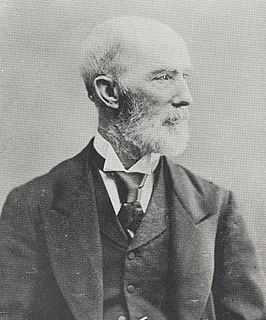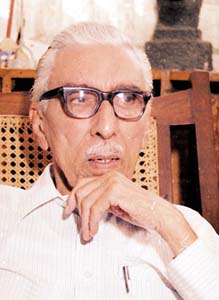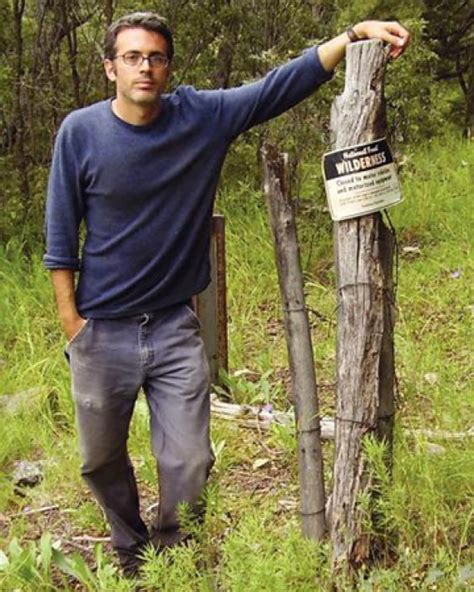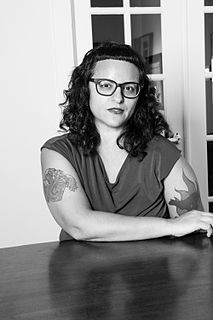A Quote by Edwin Percy Whipple
Sin, every day, takes out a patent for some new invention.
Related Quotes
Next came the Patent laws. These began in England in 1624; and, in this country, with the adoption of our constitution. Before then [these?], any man might instantly use what another had invented; so that the inventor had no special advantage from his own invention. The patent system changed this; secured to the inventor, for a limited time, the exclusive use of his invention; and thereby added the fuel of interest to the fire of genius, in the discovery and production of new and useful things.
I have called this phenomenon of stealing common knowledge and indigenous science "biopiracy" and "intellectual piracy." According to patent systems we shouldn't be able to patent what exists as "prior art." But the United States patent system is somewhat perverted. First of all, it does not treat the prior art of other societies as "prior art." Therefore anyone from the United States can travel to another country, find out about the use of a medicinal plant, or find a seed that farmers use, come back here, claim it as an invention or an innovation.
That reminds me to remark, in passing, that the very first official thing I did, in my administration-and it was on the first day of it, too-was to start a patent office; for I knew that a country without a patent office and good patent laws was just a crab, and couldn't travel any way but sideways or backways.
Shall an invention be patented or donated to the public freely? I have known some well-meaning scientific men ... to look askance at the patenting of inventions, as if it were a rather selfish and ungracious act, essentially unworthy. The answer is very simple. Publish an invention freely, and it will almost surely die from lack of interest in its development. It will not be developed and the world will not be benefited. Patent it, and if valuable, it will be taken up and developed into a business.



